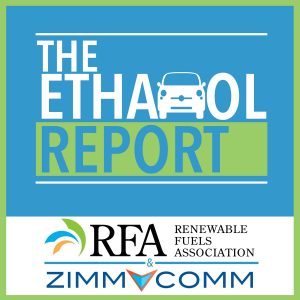 The National Biodiesel Board (NBB) hosted a press conference on Capitol Hill Wednesday featuring an all-star lineup of Congressional biofuels champions.
The National Biodiesel Board (NBB) hosted a press conference on Capitol Hill Wednesday featuring an all-star lineup of Congressional biofuels champions.
The bipartisan, bicameral group of lawmakers included Sen. Chuck Grassley (R-IA), Rep. Abby Finkenauer (D-IA), Sen. Joni Ernst (R-IA), Rep. Cheri Bustos (D-IL), Rep. Darin LaHood (R-IL), Sen. Sheldon Whitehouse (D-RI), Rep. Dave Loebsack (D-IA) and Rep. Rosa DeLauro (D-CT). Grassley introduced The Tax Extender and Disaster Relief Act of 2019 in February to renew a range of tax credits, including the biodiesel tax incentive, that expired in December 2017. Finkenauer, Bustos, LaHood, Rep. Mike Kelly (R-PA), Rep. Ron Kind (D-WI) and Rep. Adrian Smith (R-NE) on April 4 sponsored The Biodiesel Tax Credit Extension Act of 2019, which would extend the tax credit for 2018 and 2019.
In addition to the members of Congress, representatives of NBB member companies American GreenFuels, HERO BX, Newport Biodiesel, Western Dubuque Biodiesel, state soy associations, and regional Clean Cities Coalitions were on-hand for the rally to discuss the impact of the 16-month lapse of the credit.
Listen to the rally here:
NBB biodiesel tax incentive rally










